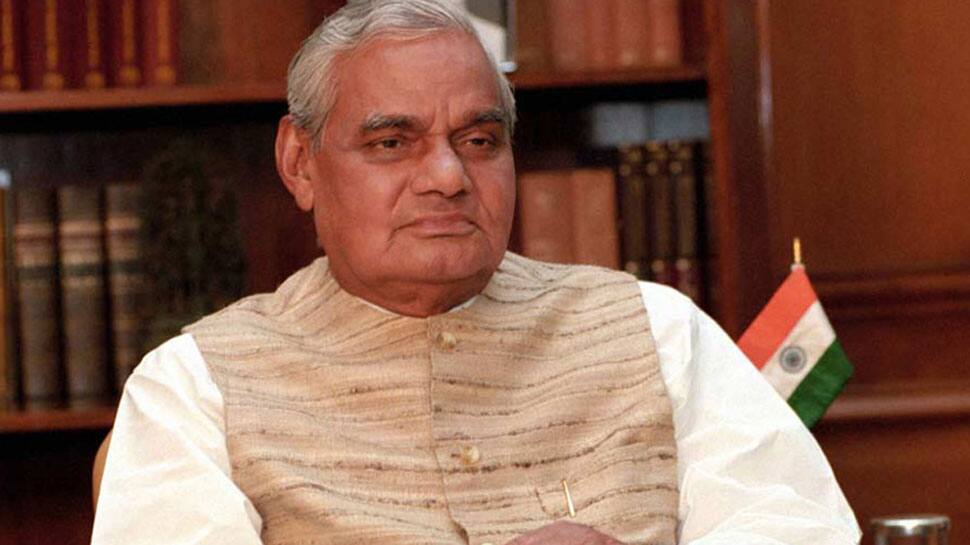New Delhi: Former prime minister Atal Bihari Vajpayee died at the age of 93 on Thursday. He breathed his last at the All India Institute of Medical Sciences (AIIMS).
During his tenure (spreading three times), Vajpayee implemented several development programmes for long term benefits to the masses. Vajpayee continued with spirit of economic reforms introduced under PV Narasimha Rao government of 1991.
Here are the key economic decisions taken by the Vajpayee government
Fiscal Responsibility Act
The Vajpayee government is credited with introducing the Fiscal Responsibility Act aimed at bringing fiscal discipline, reduce India's fiscal deficit, and improve the country's macroeconomic management.
Fiscal Responsibility Act aimed to mitigate the country's fiscal deficit in 2008 to 3% of the GDP, but the global financial crisis led to subsequent suspension of the target.
Goods and Services Tax
The Goods and Services Tax (GST), India's biggest tax reform since Independence, was rolled out last year. But the early concept of the one nation, one tax was envisioned by the Vajpyee government.
In the year 2000, the Vajpyee government introduced the concept and set up a committee headed by the then West Bengal Finance Minister Asim Dasgupta to design a GST model. The government formed a task force under Vijay Kelkar to recommend tax reforms who later recommended that GST be replaced with the existing tax regime.
India's telecom revolution
The Vajpyee government, to its credit has the Telecom Policy 1999, which revolutionised the telecom sector. The New Telecom Policy aimed to enable larger competition and participation of private sector. It replaced fixed license fees for telecom firms with a revenue-sharing arrangement. This led to incorporation of Bharat Sanchar Nigam Limited (BSNL) in 2000. The same year, the Vajpayee government constituted the Telecom Disputes Settlement Appellate Tribunal (TDSAT). This also later led to the dissolution of VSNL, which was a monopoly player in the international long distance market.
Disinvestment
The Vajpayee government was in favour reducing government interference in running business. Vajpayee also formed the disinvestment ministry which was headed by Arun Jaitley. The major divestment steps were taken by the government between 1999-2004 were in Bharat Aluminium Company (BALCO), Hindustan Zinc, Indian Petrochemicals Corporation Limited, Maruti and VSNL.
















